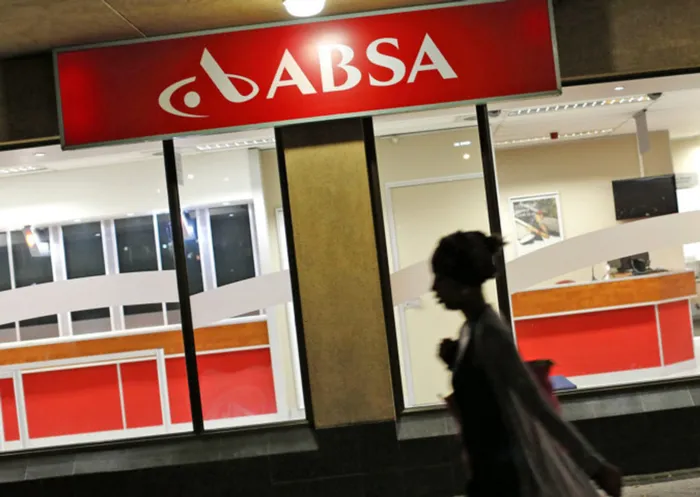S&P downgrades SA banks

File photo: Mike Hutchings File photo: Mike Hutchings
Johannesburg –
Absa says it’s disappointed that S&P has to downgrade South African banks
in line with the sovereign rating.
This comes after
S&P on Monday dropped SA to junk status, citing the recent Cabinet shuffle,
which saw Finance Minister Pravin Gordhan ejected in favour of Malusi Gigaba,
who was seconded from Home Affairs.
In a statement
on Thursday, Absa said its national scale rating of Absa Bank has been reduced
to ‘zaA’ from its previous rating of ‘zaAA’.
Absa says, due
to the intermediary role banks play in any economy it is the norm for their
credit rating to be very closely linked to that of the country, and their
decision to reduce the Absa Bank rating was therefore expected in light of recent
events
“S&P does
not rate South African banks above the foreign currency rating of the
sovereign. Therefore, the downgrade of the sovereign has a direct impact to
banks that are systemic to the economy.”
Subsequent to
S&P’s move, Moody’s said it was putting South Africa under review for a
downgrade.
“These are very
disappointing developments because, until last week, the country was building
momentum towards better economic growth by the end of this year.”
Read also: Rand slides on S&P credit rating cut
South Africa’s
economy grew at 0.3 percent last year and is expected to creep in just ahead of
1 percent this year.
Absa notes, during
the past 14 months, Barclays Africa has actively participated in various
initiatives in support of government’s efforts to effect much-needed structural
reforms, in order to stimulate inclusive economic growth.
“We remain
committed to doing so, but an abrupt interruption to this programme is
unhelpful and places at risk the livelihoods of many South Africans.”
In addition, it
says, Barclays Africa is well-capitalised with a strong liquidity position and
a balance sheet of over R1 trillion.
“It takes
enormous effort over many years to regain an investment grade sovereign rating.
It is therefore very important that all stakeholders continue to work together
to rediscover consensus on how to achieve inclusive growth.”
BUSINESS REPORT ONLINE